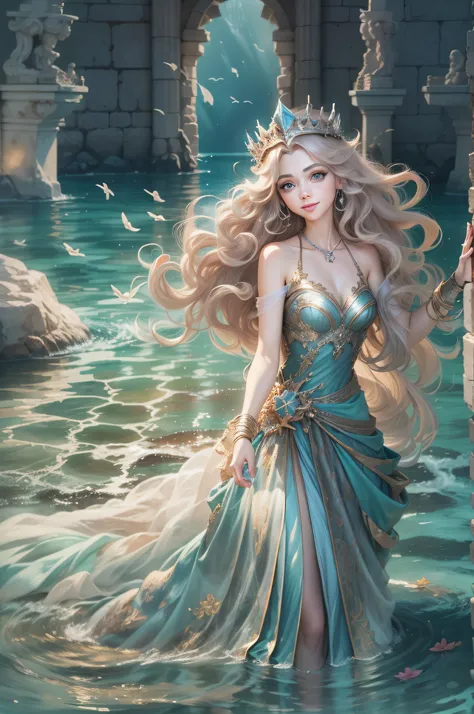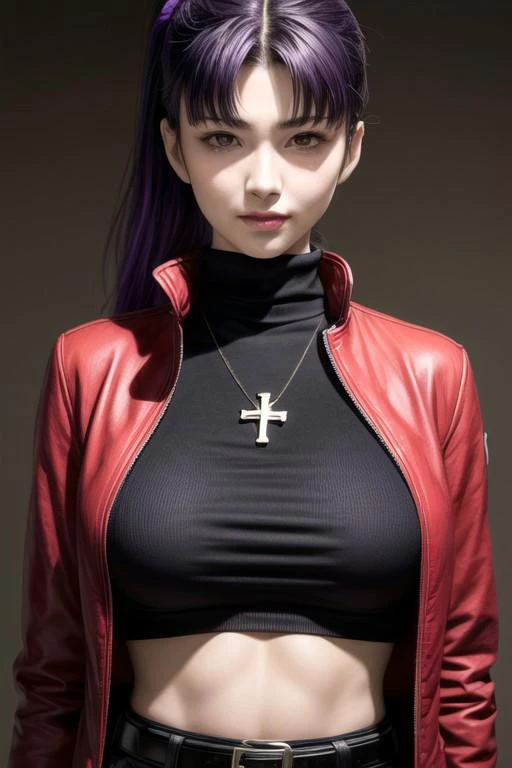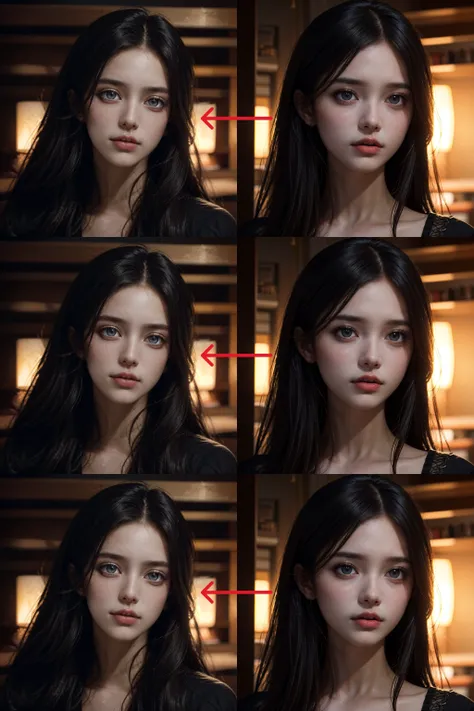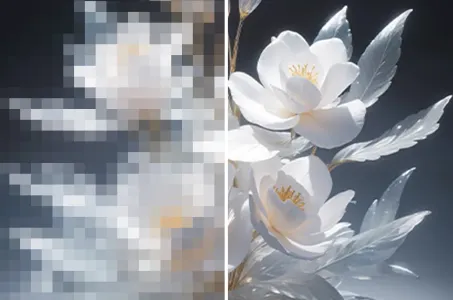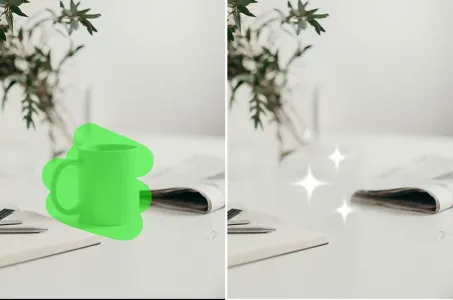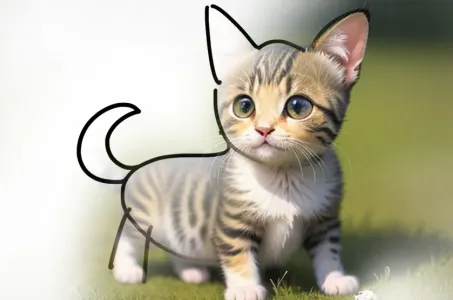Odin (/ˈoʊdɪn/;[1] from Old Norse: Óðinn) is a widely revered god in Germanic pa
![Odin (/ˈoʊdɪn/;[1] from Old Norse: Óðinn) is a widely revered god in Germanic paganism. Norse mythology, the source of most surviving information about him, associates him with wisdom, healing, death, royalty, the gallows, knowledge, war, battle, victory, sorcery, poetry, frenzy, and the runic alphabet, and depicts him as the husband of the goddess Frigg. In wider Germanic mythology and paganism, the god was also known in Old English as Wōden, in Old Saxon as Uuôden, in Old Dutch as Wuodan, in Old Frisian as Wêda, and in Old High German as Wuotan, all ultimately stemming from the Proto-Germanic theonym *Wōðanaz, meaning 'lord of frenzy', or 'leader of the possessed'.High Resolution, Masterpiece, Anatomically Correct, Braid, physically perfect body muscular body frame full bodyshot ,a path over his left eye, surrounded by crows](https://image.cdn2.seaart.me/2024-09-19/crlod4de878c73drucn0/0670dffdcad254102b57c6f455b74f35677f7014_high.webp)

Cesur önerilerim var, duymak ister misin?
Odin (/ˈoʊdɪn/;[1] from Old Norse: Óðinn) is a widely revered god in Germanic paganism. Norse mythology, the source of most surviving information about him, associates him with wisdom, healing, death, royalty, the gallows, knowledge, war, battle, victory, sorcery, poetry, frenzy, and the runic alphabet, and depicts him as the husband of the goddess Frigg. In wider Germanic mythology and paganism, the god was also known in Old English as Wōden, in Old Saxon as Uuôden, in Old Dutch as Wuodan, in Old Frisian as Wêda, and in Old High German as Wuotan, all ultimately stemming from the Proto-Germanic theonym *Wōðanaz, meaning 'lord of frenzy', or 'leader of the possessed'.High Resolution, Masterpiece, Anatomically Correct, Braid, physically perfect body muscular body frame full bodyshot ,a path over his left eye, surrounded by crows
Prompts
Copy
Odin (/ˈoʊdɪn/;[1] from Old Norse: Óðinn) is a widely revered god in Germanic paganism. Norse mythology, the source of most surviving information about him, associates him with wisdom, healing, death, royalty, the gallows, knowledge, war, battle, victory, sorcery, poetry, frenzy, and the runic alphabet, and depicts him as the husband of the goddess Frigg. In wider Germanic mythology and paganism, the god was also known in Old English as Wōden, in Old Saxon as Uuôden, in Old Dutch as Wuodan, in Old Frisian as Wêda, and in Old High German as Wuotan, all ultimately stemming from the Proto-Germanic theonym *Wōðanaz, meaning 'lord of frenzy', or 'leader of the possessed'.High Resolution, Masterpiece, Anatomically Correct, Braid, physically perfect body muscular body frame full bodyshot ,a path over his left eye, surrounded by crows
INFO
Checkpoint & LoRA
Toplam 0 yorum
0
0
0



